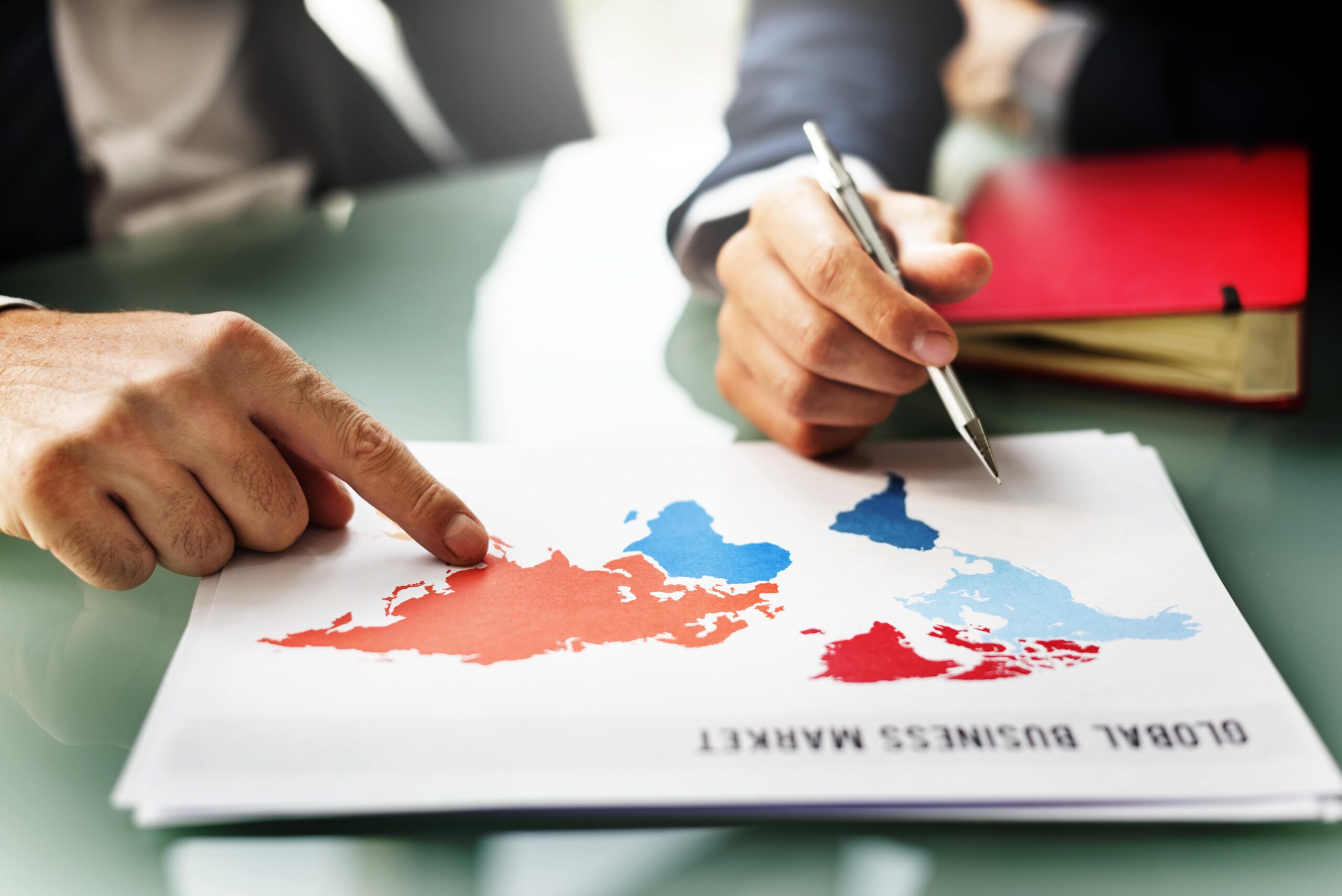Three types of eSignatures
eSignatures, or electronic signatures, come in various forms, each offering different levels of security and convenience depending on the specific use case. Understanding the different types can help businesses choose the right solution for their needs.
- Simple Electronic Signatures (SES): These are the most basic form of eSignatures and can be as simple as typing your name or adding a scanned image of your signature to a document. While convenient, SES are often less secure and may not be legally binding in all situations. They’re best suited for informal agreements where high security isn’t required.
- Advanced Electronic Signatures (AES): AES are more secure and legally compliant, providing a greater level of verification. They use encryption methods to ensure that the signature is uniquely linked to the signer and that any changes to the document after signing are detectable. AES typically requires the signer to use a secure digital certificate or unique identification, offering higher levels of authentication.
- Qualified Electronic Signatures (QES): The highest level of security and compliance comes with QES. These signatures are legally equivalent to handwritten signatures in many countries, including the European Union, under eIDAS regulations. QES requires a digital certificate issued by a trusted certification authority (CA), ensuring the identity of the signer beyond doubt. QES is often used in highly regulated industries or for legally binding contracts where security and integrity are paramount.
By choosing the appropriate eSignature type, businesses can ensure the right balance between convenience, security, and legal compliance for their specific needs.
MyeSign currently offers SES and AES, with a focus of delivering QES by Spring 2025, enabling SMB’s with the power to conduct international agreements – with ease.





